Two main parties are involved in renting or leasing property: the lessor and the lessee. While most people are familiar with the term landlord for the person who owns the property being rented out, not everyone may know what a lessee is. This article will explore what lessee is and their role in rental agreements.
What is a lessee in property law?
In property law, a lessee is granted the right to use a property for a specified period in exchange for payment to the property owner, who is known as the lessor. The lessee is the tenant or renter of the property.
The terms of the lease agreement outline the rights and responsibilities of both the lessee and the lessor, including details such as the duration of the lease, the amount of rent to be paid, and any restrictions on the use of the property.
The lessee has the right to possess and use the property during the lease term as long as they abide by the agreement terms. This legal relationship between the lessee and lessor is an important aspect of property law and governs how rental properties are managed and maintained.
Examples of a Lessee
A lessee could include individuals, businesses, or organisations. For example:
- A college student renting an apartment near campus would be considered a lessee.
- A small business owner who leases office space in a commercial building would also be a lessee.
- A construction company that leases heavy machinery for a building project would be considered a lessee.
- Anyone entering a rental or lease agreement to use property or equipment is considered a lessee.
Responsibilities and duties of a lessee
As a lessee, there are several key responsibilities that you must adhere to to maintain a good relationship with your landlord and ensure the smooth running of your lease agreement.
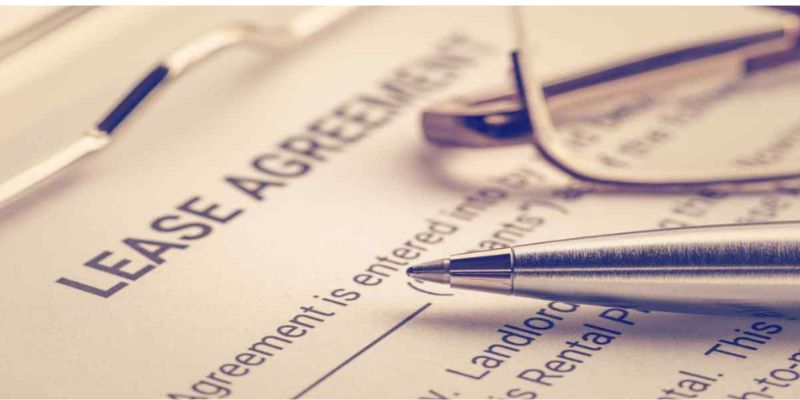
Payment of rent: One of the main responsibilities of a lessee is the payment of rent. You must pay your rent on time and in full each month to avoid issues with your landlord.
Maintenance and care of the leased property: As a lessee, you are also responsible for the maintenance and care of the leased property. It includes keeping the property clean and in good condition, reporting any necessary repairs or maintenance to the landlord, and ensuring that you do not cause any damage to the property beyond normal wear and tear.
Compliance with lease terms and conditions: A lessee needs to comply with all lease terms and conditions. It includes following rules the landlord sets, such as restrictions on pets or smoking, and abiding by any other agreements outlined in the lease agreement. Failure to comply with these terms could result in a breach of contract and potentially lead to eviction or legal action.
What are the rights of the lessee?
As a lessee, you have several rights when leasing property.
Right to use the leased property: As long as you are paying rent and abiding by the lease agreement terms, you have the right to occupy and use the property as you see fit.
Right to privacy and quiet enjoyment: Your landlord cannot enter the leased property without your permission, except in certain circumstances outlined in the lease agreement or by law. You also have the right to enjoy the property in peace, without interference or harassment from the landlord.
Right to renew or terminate the lease agreement: As a lessee, you have the right to renew or terminate the lease agreement. Depending on the lease terms, you may have the option to renew the lease for another term or terminate it at the end of the current term. Reviewing the lease agreement carefully is important to understand your rights and obligations regarding renewal and termination.
Benefits of Being a Lessee
Being a lessee has various benefits, making it an attractive option for many individuals.
Flexibility in choosing a property: As a lessee, you can select a rental property that meets your needs and preferences, including location, size, amenities, or budget. This flexibility allows you to find a place that truly feels like home.
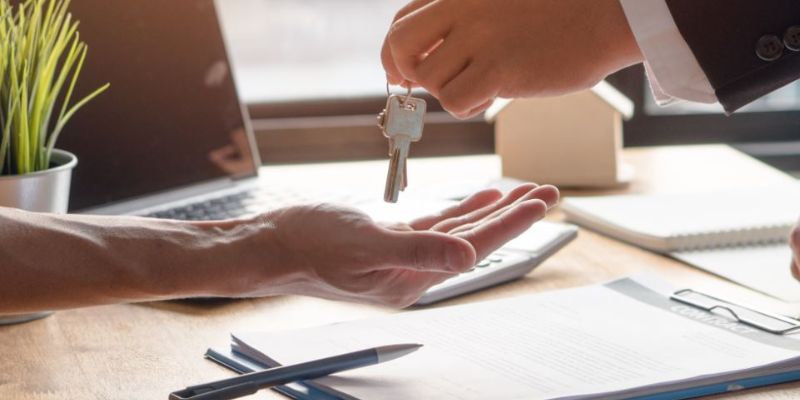
Lower upfront costs than purchasing: When renting a property, you typically only need to pay a security deposit and the first month's rent to move in. It can be much more affordable than the hefty down payment and closing costs of buying a home. By renting, you can save money upfront and use those funds for other important expenses.
Ability to relocate easily: Whether you need to move for a job, family reasons, or simply want a change of scenery, renting allows you to do so without the hassle of selling a property. You can end your lease and find a new rental property in a different location, allowing you to explore different areas and opportunities.
Challenges Faced by Lessees
Lessees face several challenges when renting a property.
Uncertainty of rent increases: Rent prices can fluctuate based on market conditions or the landlord's discretion, making it difficult for lessees to budget for the long term.
Restrictions on modifications to the property: Many lease agreements prohibit tenants from making significant changes to the property, which can be frustrating for those who want to personalise their living space.
Potential disputes with the lessor: Issues may arise over maintenance responsibilities, lease terms, or security deposit refunds, leading to disagreements that can be stressful to resolve.
Takeaway
Lessees play an important role in rental agreements as they provide income for landlords while having certain rights themselves. Both parties involved in these contracts must understand each others roles and responsibilities before entering into any agreements. It will help ensure a smooth and mutually beneficial relationship throughout the lease.

When to Expect Your Tax Refund
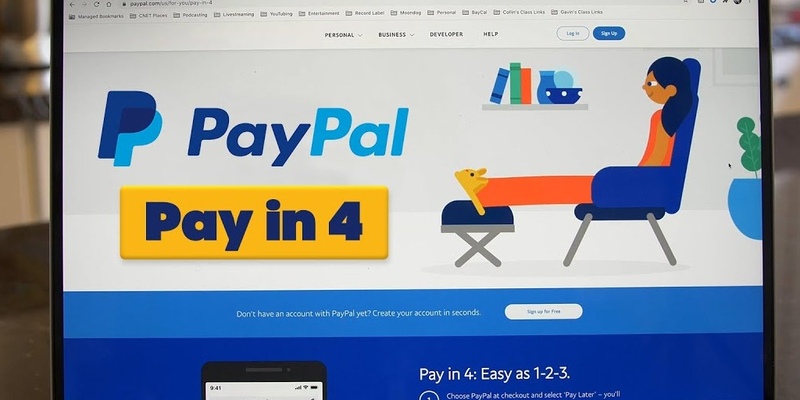
All You Should Know About PayPal Pay in 4
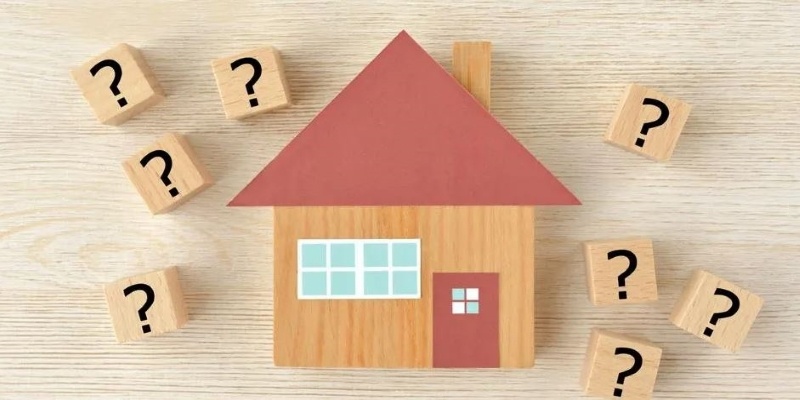
Why Your Home Is Stuck on the Market: Key Issues to Address

Western Union: Everything You Need to Know for Smooth Transactions

How YouTube Makes Money Off Videos

Explaining the Mechanics: Insights into Working and Premium Determinants

What are the Best Online Checking Accounts You Should Consider?
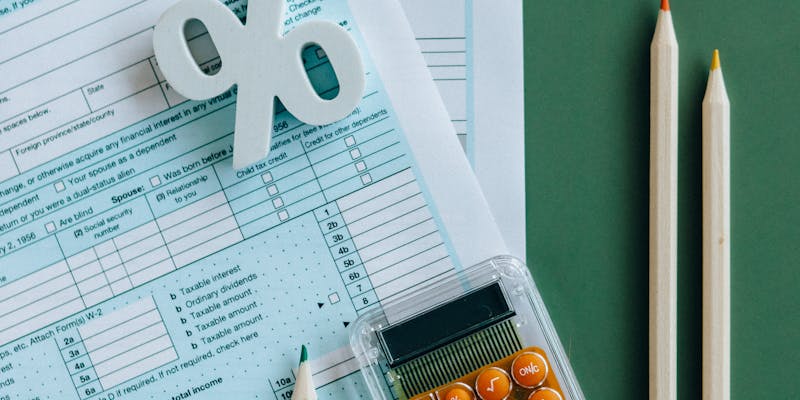
Ways To Report 1099-MISC Box 3 Payments on Your 1040 for Tax Year

The Ultimate Guide to 529 Plan Withdrawals for Private Schooling

A Comprehensive Guide for Capital Gains Tax Exclusion for Primary Residences

In-Person or Online Loans: Finding the Perfect Fit for Your Needs
